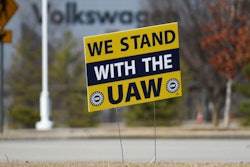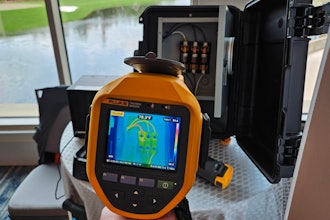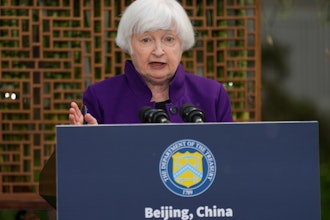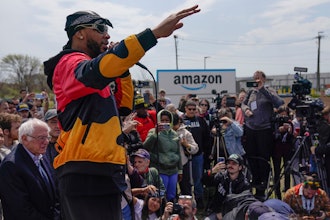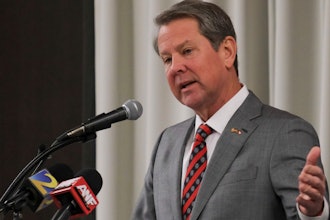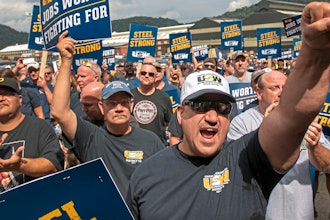SIOUX FALLS, S.D. (AP) -- Democratic Sen. Tim Johnson says he will vote to bring the Employee Free Choice Act to the Senate floor for debate.
Business groups have lobbied strenuously against the measure.
Opponents of the bill, who include Sen. John Thune, need 60 votes in the Senate to block it from reaching the floor.
A portion of the proposal would let employees form a union if more than 50 percent sign authorization cards, known as "card check." Currently, an employer can ask the National Labor Relations Board to hold a secret-ballot vote for employees if more than 50 percent sign card checks.
A similar bill in the last Congress failed to garner 60 votes in the Senate. Johnson missed that vote because of health problems. With Democratic gains in the past election, the bill now has a better chance of passing.
David Owen, president of the South Dakota Chamber of Commerce and Industry, was among five South Dakota business leaders who met with Johnson in Washington, D.C., on Wednesday. Johnson told the group he's convinced the bill won't pass in its present from but that he would vote for cloture to allow the bill to be debated or amended, Owen said.
Johnson's spokeswoman confirmed the account.
Owen said Johnson's decision was "disappointing." Johnson's vote to bring it to the floor would be "very significant," Owen said, because it opens the door for a simple majority to pass the legislation without debating amendments or compromises.
"The fact that he would get out of the way so a majority would pass it seems to have some risk to it," Owen said.
Mark Anderson, president of the South Dakota State Federation of Labor AFL-CIO, said he wasn't surprised Johnson plans to vote to consider the bill on the Senate floor.
"Senator Johnson has always been a supporter of working people," Anderson said. "This is an important issue."
Anderson accused business groups of "going off the deep end" in their opposition, and he said more union membership would translate to a stronger middle class.




